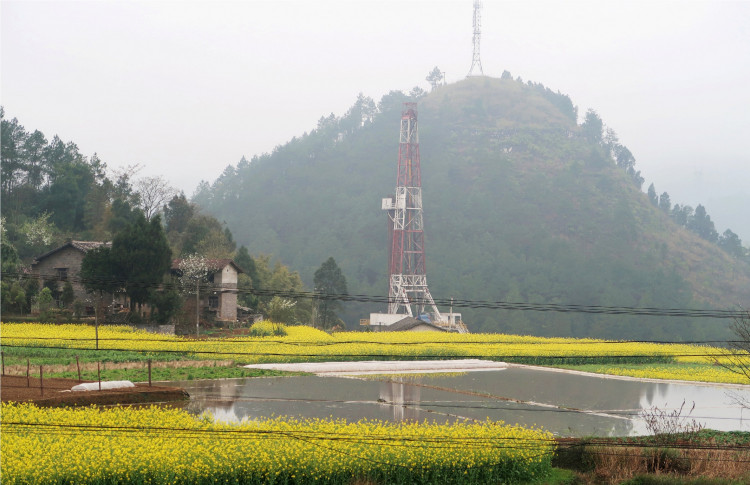A recent report claimed that China will announce its plan to form a national oil and gas pipeline group. This new company is expected to combine the country's long-distance pipeline assets of its energy companies. Many observers have noted that this will stand as the sector's largest reshuffle in the last two decades.
The reshuffle is designed in order for private and foreign energy producers to access China's massive pipeline infrastructure. The open pipeline will also allow companies to put their focus on resources exploration without the need to worry about additional costs to move these resources to the market.
The National Development and Reform Commission, China's economic planner, has approved of this plan last month. The commission has also included details of all the assets which are to be incorporated. One of the sources that have insider knowledge of this plan said that the project is awaiting final approval from China's State Council.
Many have said that this massive reshuffle will be a first of its kind since China decided to restructure its entire energy sector in 1998 during which the China Petroleum and Chemical Corporation (Sinopec) and PetroChina were established.
Upon approval and implementation, the newly formed entity will become a fourth state-controlled company in China. The three others are China National Offshore Oil Corporation, Sinopec, and China National Petroleum Corporation which is the parent company of PetroChina. According to experts, the reshuffle will have a great impact on PetroChina, which currently controls 70 percent of the country's oil pipelines and nearly 80 percent of major gas pipelines.
It is still unclear whether China will officially announce its new plan or when this new firm will be formally launched. Nevertheless, there are reports claiming that interested companies are already making their moves in order to take advantage of this massive reshuffle. Among the preparations made include PetroChina's effort to relocate its pipeline segment's management team into a separate office in Beijing.
In a statement, the University of International Business and Economics Director of Energy Policy Research Dong Xiucheng said, "It's the largest-ever step in (the oil and gas) sector reform. At the core of it, it's about removing a key bottleneck in the market and allowing producers and consumers equal access to infrastructures."
China is the world's second-largest consumer of oil and the third-largest consumer of natural gas. Despite this, China only has 133,000 kilometers of long-distance oil and gas pipeline network.





